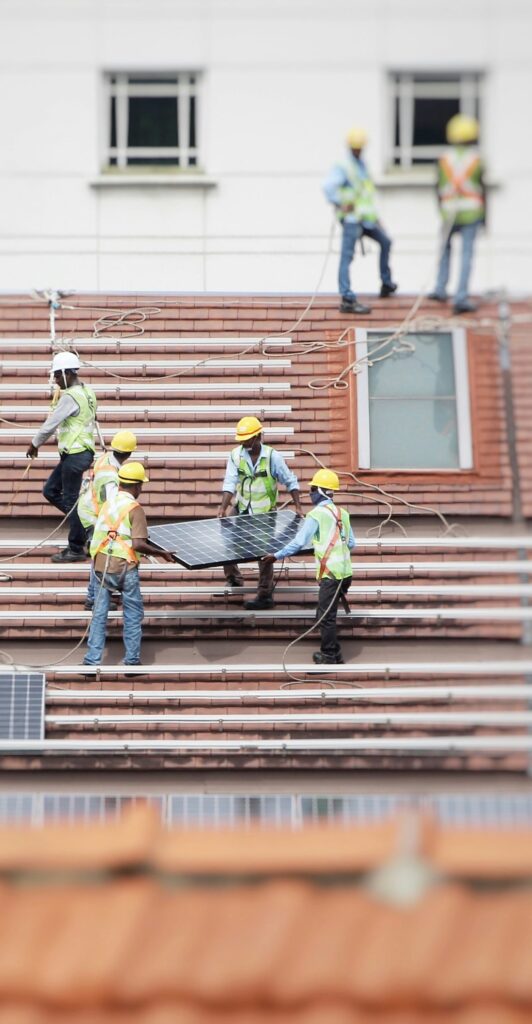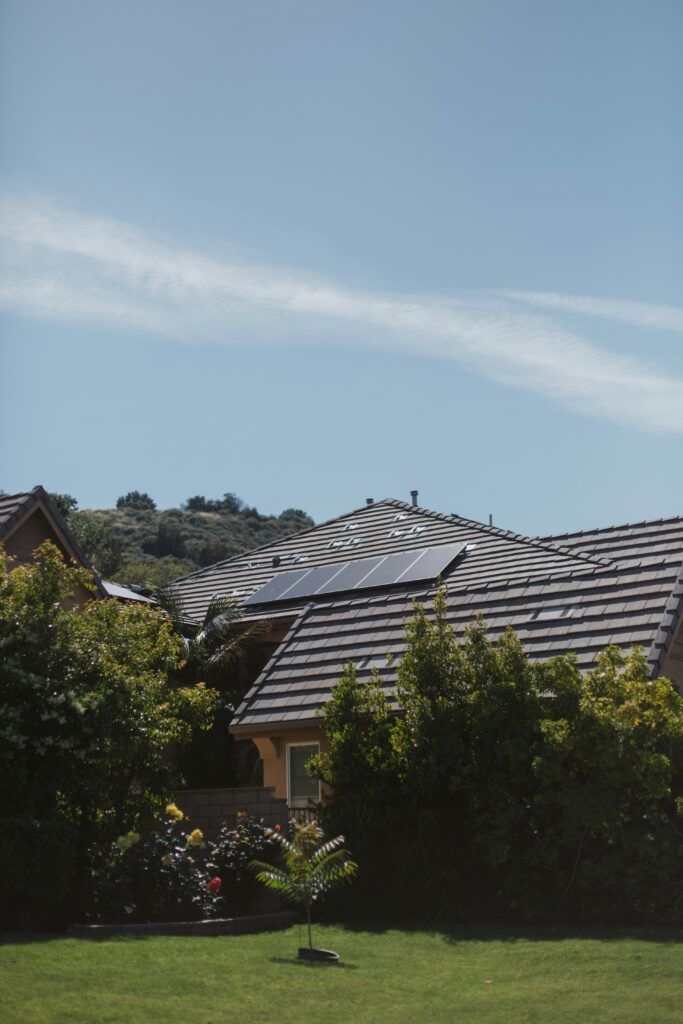How SAA supports consumers
Solar Accreditation Australia supports consumers in several ways:
- Advocacy and representation: SAA advocates for policies and regulations that support the growth of smart and renewable energy technologies. This includes representing the interests of consumers in discussions with government bodies and other stakeholders.
- Education and awareness: SAA works to educate consumers about the benefits of smart energy solutions, renewable technologies, and energy efficiency measures. This includes providing information about the economic and environmental advantages of adopting clean energy.
- Industry engagement: By fostering collaboration between industry players, SAA helps create an environment conducive to innovation and the development of consumer-friendly energy solutions. This can lead to the availability of a wider range of energy options for consumers.
- Networking and events: SAA often organises events, conferences, and seminars to bring together consumers, industry professionals, and experts. These events provide opportunities for consumers to learn about the latest advancements in smart energy, connect with industry leaders, and explore options for integrating sustainable practices into their homes and businesses.
- Policy influence: The council may work towards influencing policies that encourage the deployment of smart energy technologies. This could involve advocating for incentives, subsidies, or regulatory frameworks that make it easier and more attractive for consumers to adopt clean and smart energy solutions.

Benefits of installer and designer accreditation

- Solar Photovoltaic Accreditation: The Solar Accreditation Australia’s accreditation program is designed to ensure that solar PV installers and designers meet industry-recognized standards.
- Accreditation Types: The program includes different types of accreditation, such as Installer Accreditation and Designer Accreditation. Installers are responsible for the physical installation of solar PV systems, while designers focus on system design.
- Industry Recognition: SAA’s accreditation is widely recognized within the solar industry in Australia. Accredited professionals are acknowledged for their competence and commitment to quality.
- Compliance with Standards: Accredited professionals are expected to adhere to industry standards and guidelines, ensuring that installations and designs meet the necessary technical and safety requirements.
- Consumer Confidence: Consumers can have confidence in the quality and reliability of services provided by accredited professionals. Accreditation serves as an indicator of a practitioner’s knowledge and skills in the solar PV sector.
- Code of Conduct: Accredited individuals are required to adhere to a code of conduct, promoting ethical behaviour and professionalism in their interactions with clients and within the industry.
- Ongoing Professional Development: Continuing professional development is often a requirement for maintaining accreditation. This ensures that professionals stay updated on the latest technologies, regulations, and best practices.
- Access to Incentives: In some cases, accreditation may be a prerequisite for accessing government incentives, rebates, or other financial support for solar installations.
- Consumer Information: SAA provides resources for consumers, including a list of accredited installers and designers. Consumers can use this list to verify the accreditation status of professionals they plan to hire.
- Quality Assurance: The program contributes to quality assurance by setting a benchmark for the skills and knowledge required in the industry. This helps ensure that consumers receive reliable and effective solar PV solutions.
It’s recommended to check our website for the most up-to-date information on the Solar Accreditation program in Australia. Always verify the accreditation status of professionals before engaging in solar PV installations or designs.
